19 GPTs for AI Detection Powered by AI for Free of 2025
AI GPTs for AI Detection are advanced tools built on the Generative Pre-trained Transformer technology, designed to identify and analyze AI-generated content and behaviors. These tools are developed to provide solutions in monitoring, identifying, and responding to content generated by AI models. They are crucial in maintaining the integrity of information, preventing misinformation spread, and ensuring the ethical use of AI technologies.
Top 10 GPTs for AI Detection are: 论文AIGC值降低神器,Anti Detector,降低AIGC的论文写作神器Plus,AI 痕迹检测器,Anti GPTZero,AI Text Refine & Detect,Written by AI Spot Check,GPT Plagio,GPTsRadar - Find GPTs in one step,PMO AI Content Analyzer
论文AIGC值降低神器
AI-powered tool to reduce AI-generated content

Anti Detector
Illuminate the AI Behind Your Text
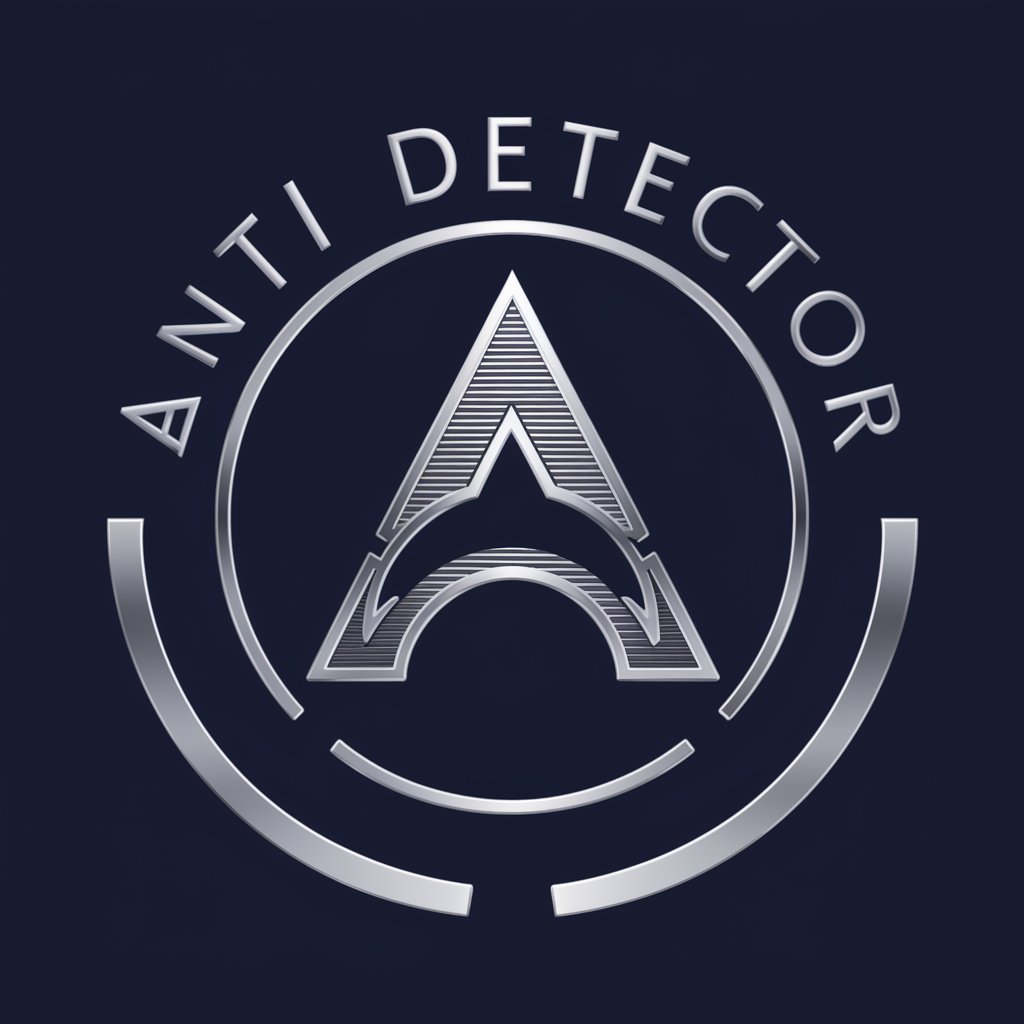
降低AIGC的论文写作神器Plus
AI-driven academic paper optimizer
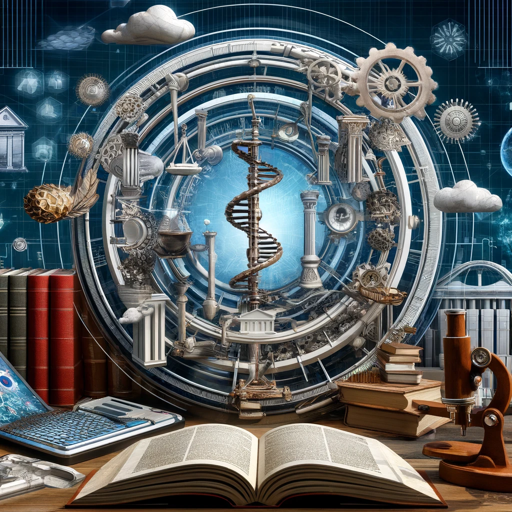
AI 痕迹检测器
Illuminate the AI Behind Your Text
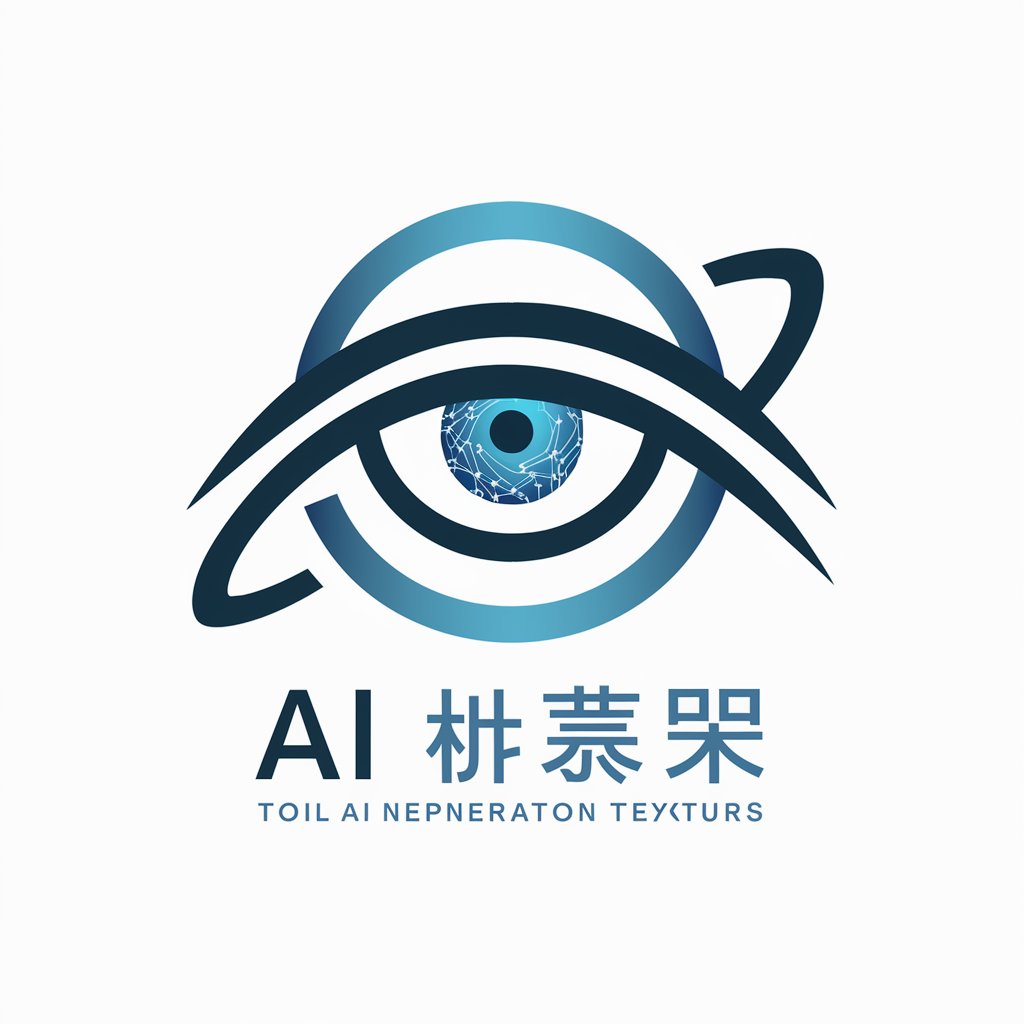
Anti GPTZero
AI-powered text customization made easy

AI Text Refine & Detect
Elevate Your Text with AI-Powered Refinement and Detection
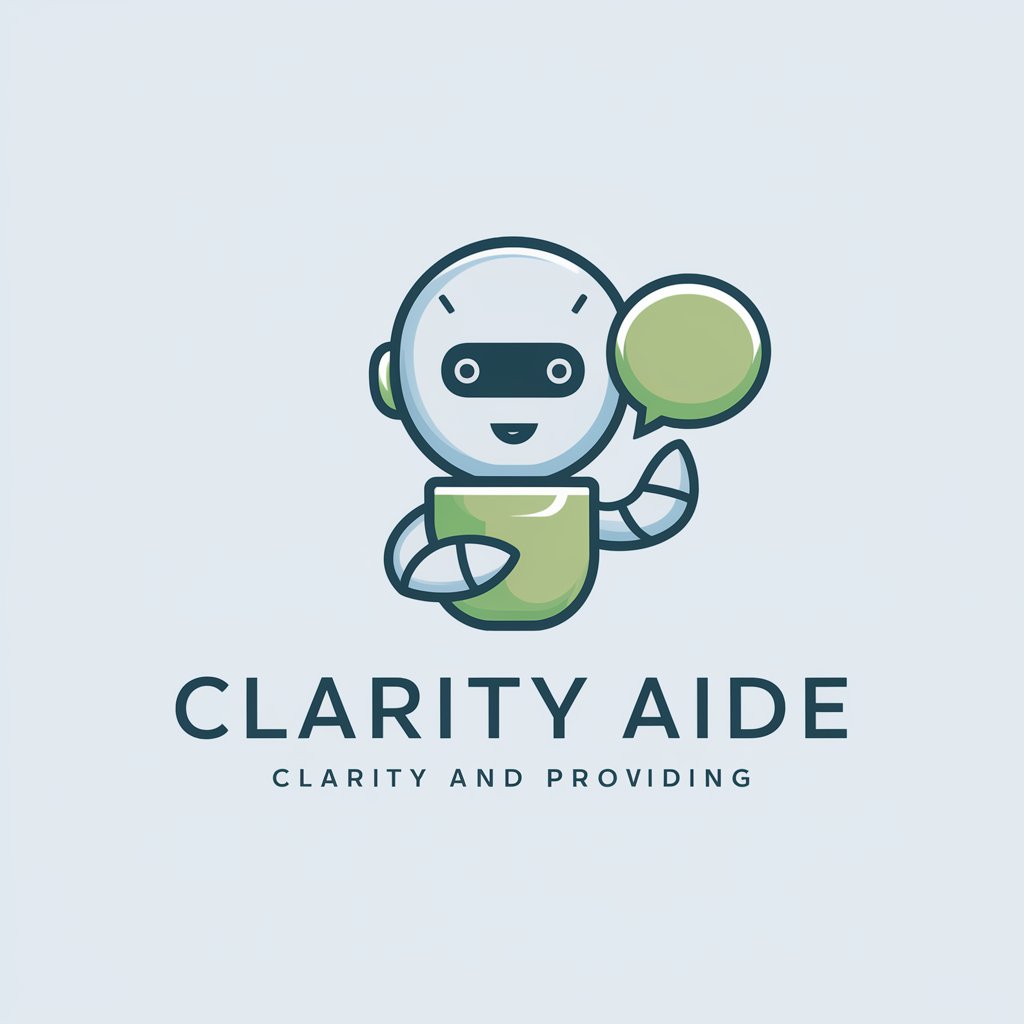
Written by AI Spot Check
Distinguish AI from Human Texts
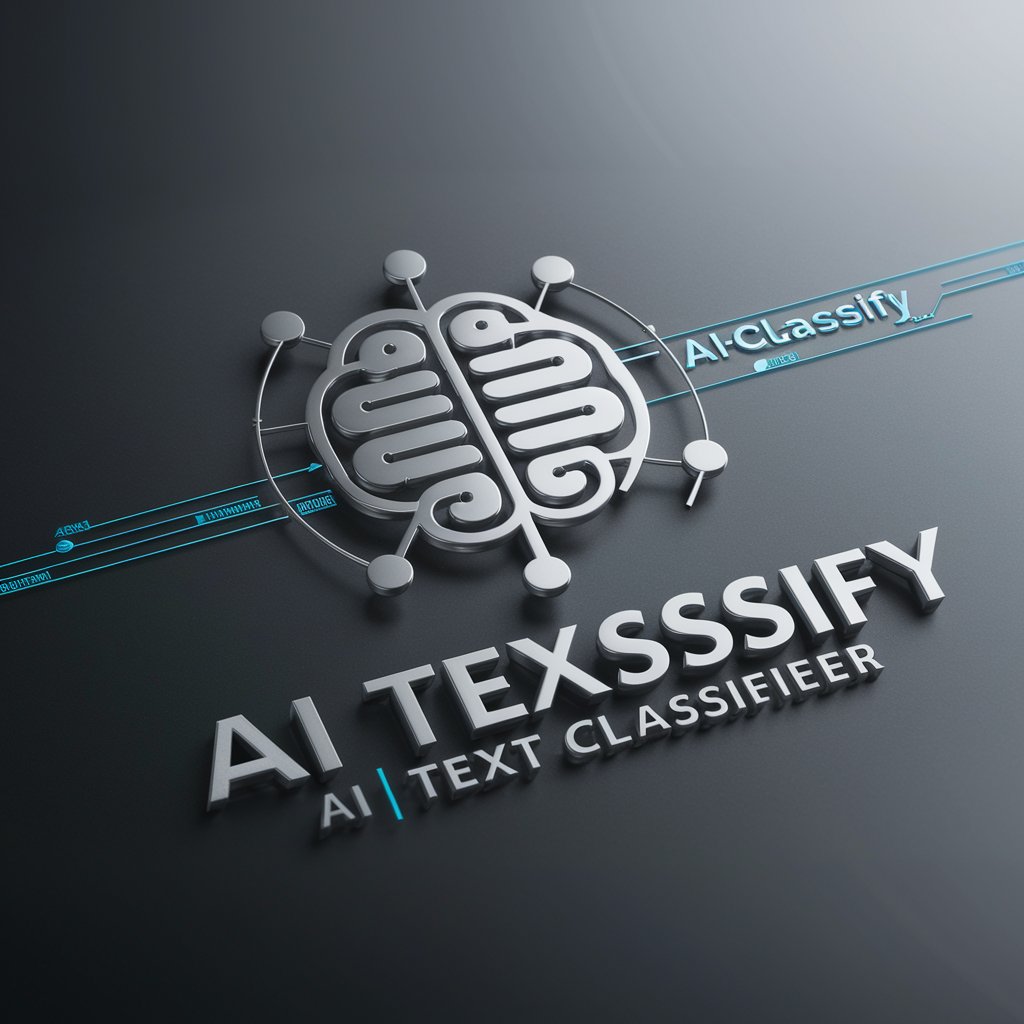
GPT Plagio
Elevating Integrity with AI-Powered Analysis
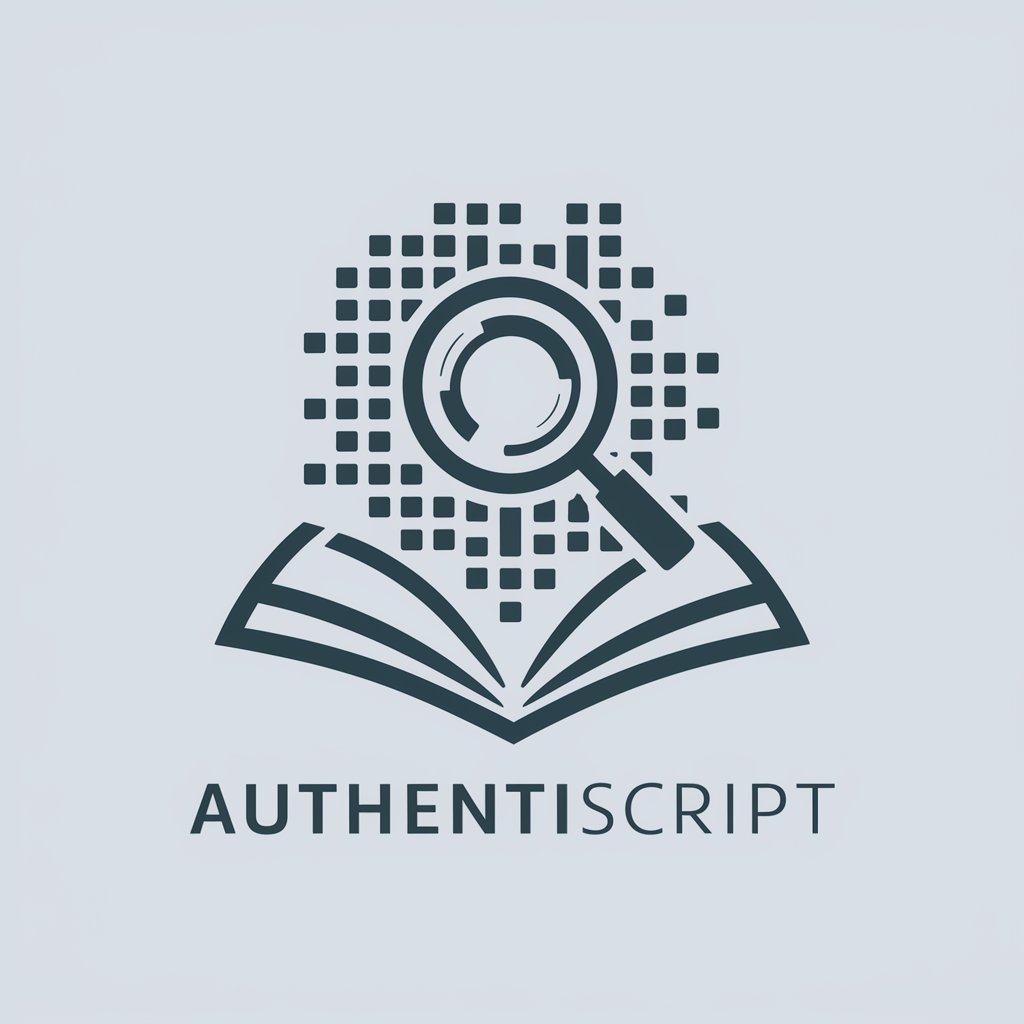
GPTsRadar - Find GPTs in one step
Discover AI’s Footprint in Your Text

PMO AI Content Analyzer
Empowering your texts with AI precision and human flair.

Precision Image Authenticity Analyzer 2.0
Unveil the truth behind every pixel.
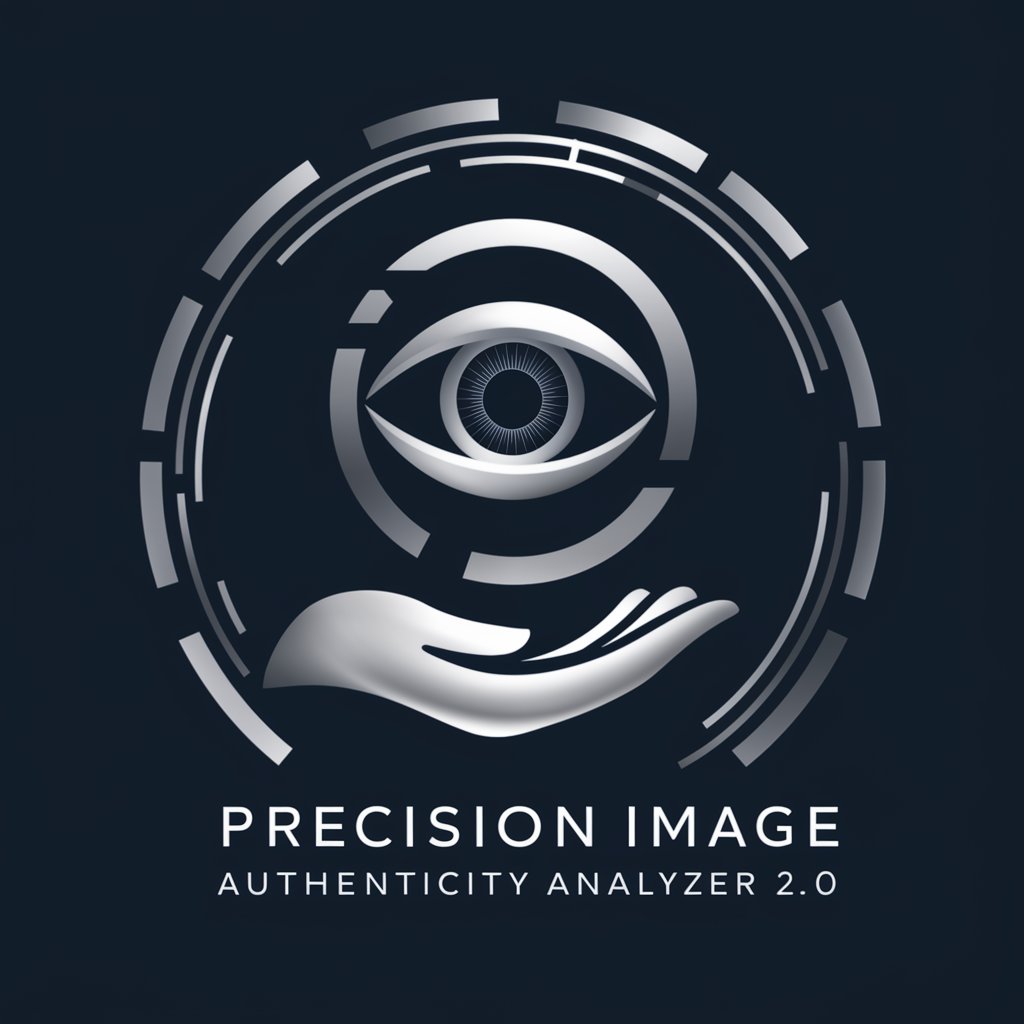
CheatGpt
Empowering Authentic Writing with AI
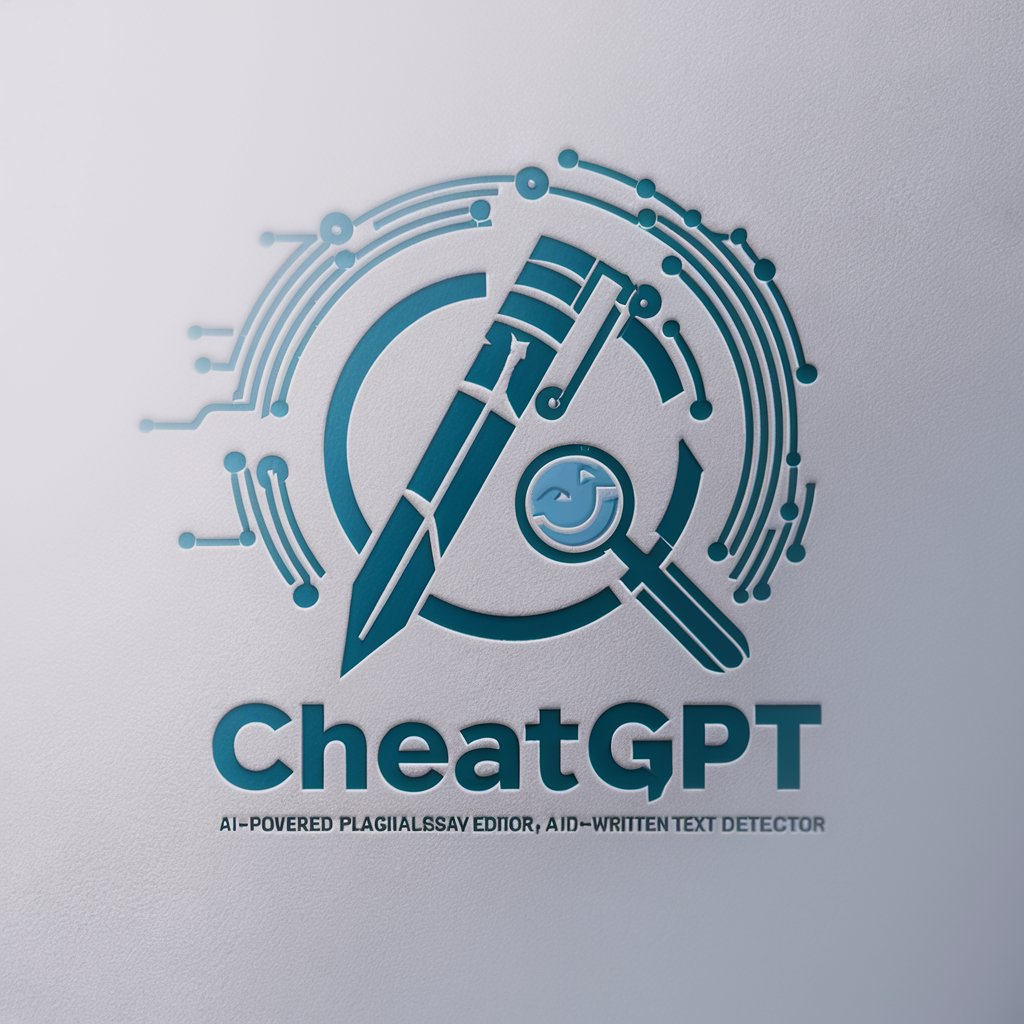
Not a Hamburger
Instantly identify hamburgers with AI

杨克思批改论文
AI-Powered Academic Improvement

Text Detective
Unveil AI's footprint in your text.
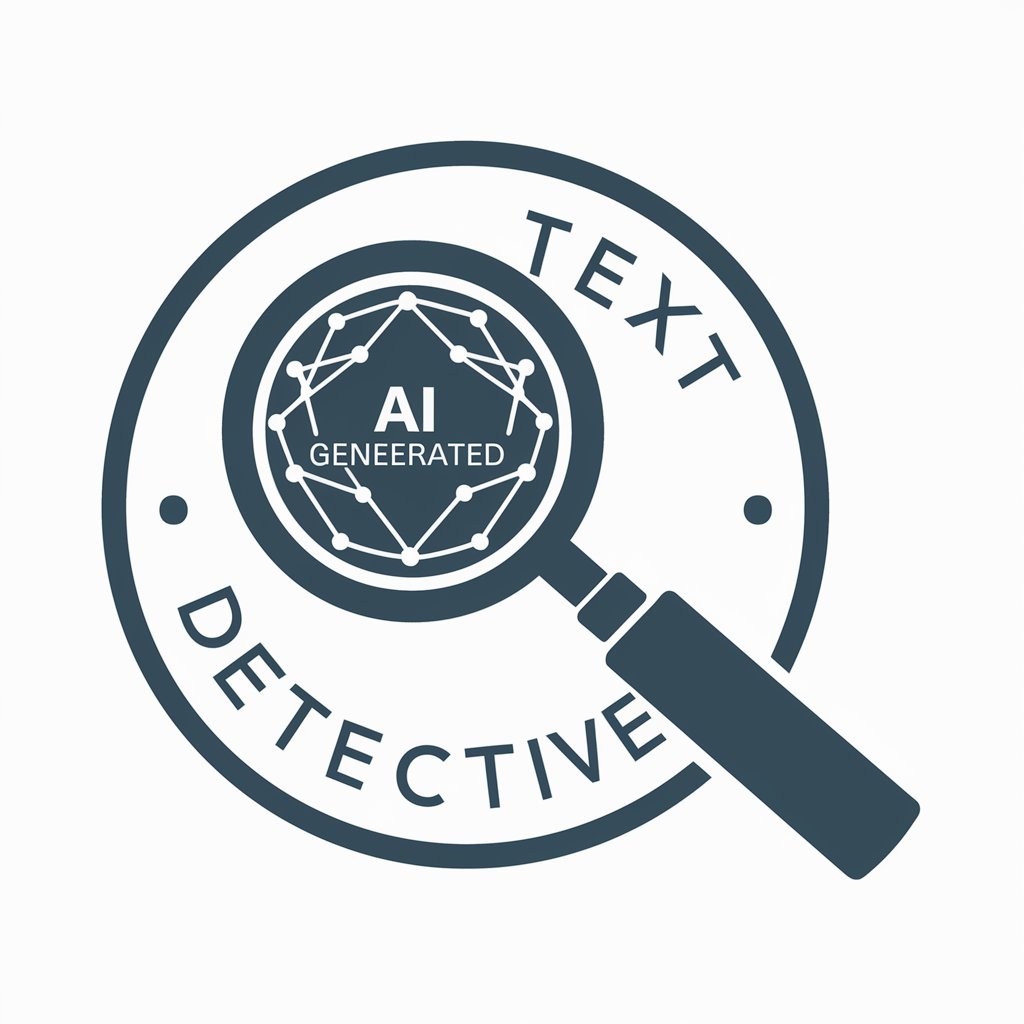
Generated by AI?
Unveiling AI's Hand in Text
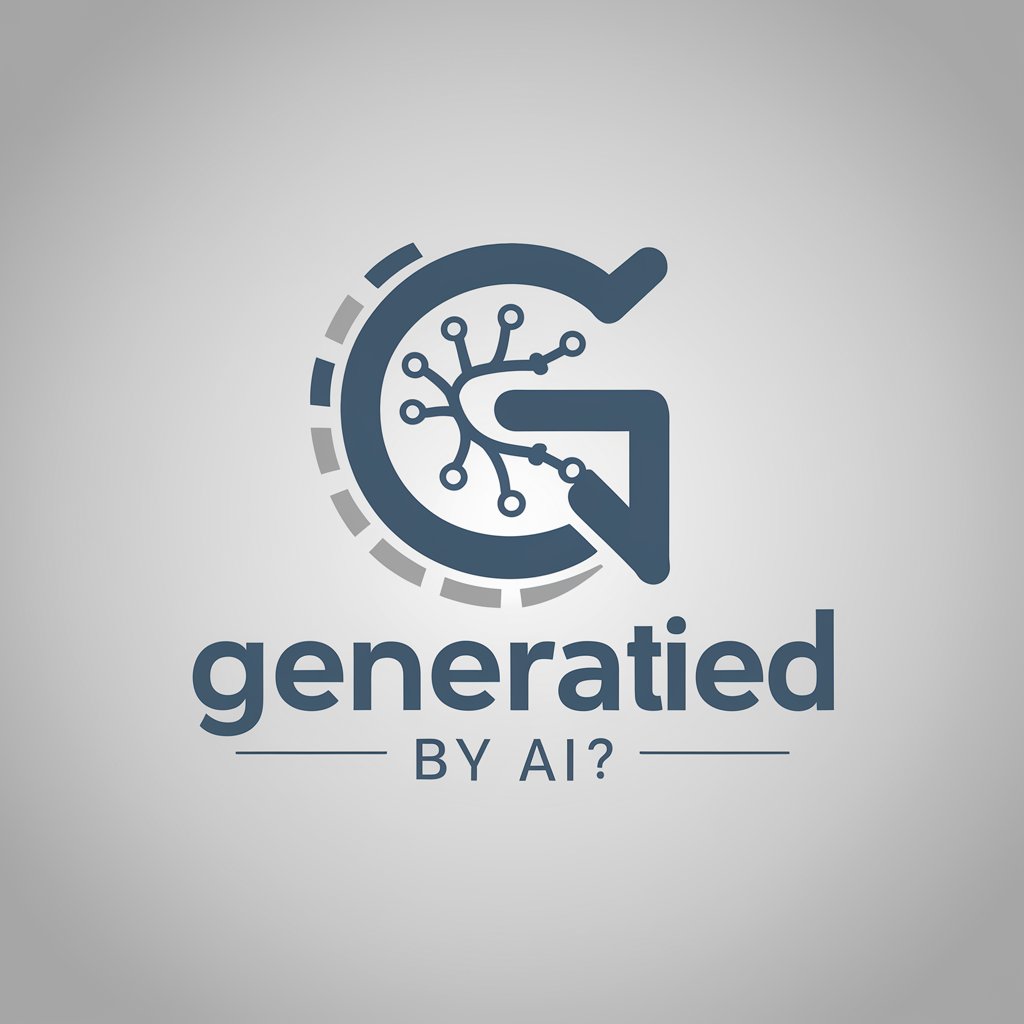
AI Genesis Detector
Decoding AI Footprints in Text

AI Text Detective & Human-Like Rewriter
Revolutionize Writing with AI Power

Key Attributes and Functions
AI GPTs for AI Detection excel in adaptability, offering solutions that range from basic identification of AI-generated text to complex analysis of patterns and behaviors indicative of AI involvement. Unique features include advanced language understanding, real-time monitoring capabilities, integration with various data sources for comprehensive detection, and specialized algorithms for detecting sophisticated AI-generated content.
Who Benefits from AI Detection Tools
These tools serve a broad audience, including technology enthusiasts without coding expertise, developers seeking to integrate AI detection into their applications, and professionals across fields like cybersecurity, content creation, and academic research. They offer user-friendly interfaces for novices, along with extensive customization options for users with programming skills.
Try Our other AI GPTs tools for Free
Text Authenticity
Discover AI-driven GPT tools for Text Authenticity, designed to ensure content integrity through advanced analysis and verification techniques.
Originality Assurance
Explore AI GPTs for Originality Assurance: cutting-edge tools designed to ensure content uniqueness and integrity, tailored for creators, academics, and professionals.
AI Innovation
Explore the frontier of AI with GPTs for AI Innovation, your gateway to unlocking creativity, efficiency, and problem-solving in artificial intelligence.
Offer Comparison
Discover how AI GPTs for Offer Comparison can transform decision-making with advanced analytics, personalized insights, and user-friendly interfaces, catering to both consumers and professionals.
Data Reporting
Discover how AI GPTs for Data Reporting transform raw data into actionable insights with user-friendly tools designed for both novices and experts.
Customized Advertising
Explore how AI GPTs revolutionize customized advertising with tailored content creation, ensuring your message reaches the right audience with precision and creativity.
Further Perspectives on AI Custom Solutions
AI GPTs for AI Detection are not just tools; they are part of a broader solution for ensuring digital integrity and trust. They highlight the importance of technological adaptability and the potential for these tools to evolve with AI advancements. User-friendly interfaces and integration capabilities make them accessible and valuable across various sectors.
Frequently Asked Questions
What exactly is AI Detection?
AI Detection refers to the process and tools designed to identify content or activities generated by artificial intelligence, distinguishing them from human-generated ones.
How do AI GPTs contribute to AI Detection?
AI GPTs contribute by leveraging their advanced understanding of language and patterns to identify subtle cues that distinguish AI-generated content from human-created content, enhancing the accuracy of AI Detection.
Can AI Detection tools differentiate between different AI models?
Yes, advanced AI Detection tools are capable of not only identifying AI-generated content but also distinguishing between outputs from different AI models based on unique characteristics and patterns.
Are there any customization options for these AI GPTs?
Absolutely. These tools often come with APIs and SDKs, allowing developers to tailor the detection features to specific needs or integrate them into existing systems for enhanced AI Detection capabilities.
Is it necessary to have programming skills to use AI Detection tools?
Not necessarily. Many AI Detection tools are designed with user-friendly interfaces that enable users without programming skills to easily utilize them for AI content identification.
How do AI Detection tools stay updated with new AI technologies?
AI Detection tools continuously learn and adapt by being updated with information on new AI models and techniques, ensuring they remain effective against the latest AI-generated content.
Can AI Detection tools be integrated with content management systems?
Yes, many AI Detection tools offer integration capabilities, allowing them to be seamlessly incorporated into content management systems for real-time detection and management of AI-generated content.
What are the ethical considerations in using AI Detection tools?
Using AI Detection tools involves ethical considerations such as privacy, consent, and transparency. Users must ensure these tools are used responsibly, respecting legal and ethical standards.